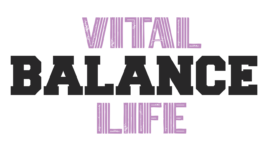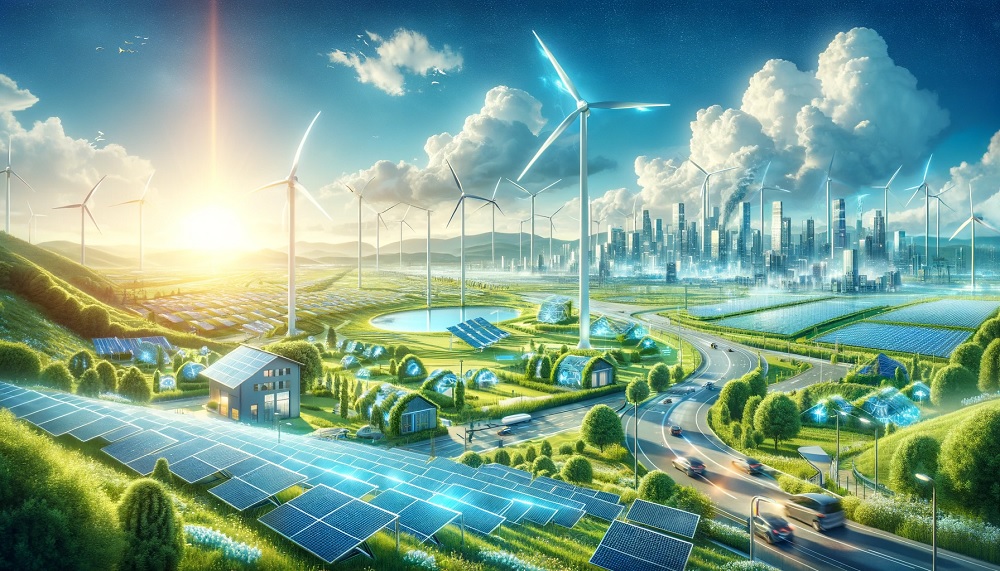As the world grapples with the consequences of climate change, the need for clean energy transition has become more crucial than ever. Clean energy, also known as renewable energy, is derived from natural sources that are constantly replenished, such as sunlight, wind, water, geothermal heat, and biomass. Unlike fossil fuels, clean energy solutions produce minimal or no greenhouse gas emissions, making them environmentally friendly and sustainable.
Understanding Clean Energy
Clean energy encompasses various sources that are harnessed to generate electricity or fuel for transportation. Solar energy, often obtained through photovoltaic panels, converts sunlight into electricity. Wind energy utilizes turbines to convert the kinetic energy of wind into electrical power. Hydroenergy harnesses the power of flowing or falling water. Geothermal energy utilizes heat from the Earth’s core to generate electricity or heat buildings. Biomass energy is derived from organic matter, such as crop residues or wood pellets. These clean energy sources provide numerous benefits and offer a way forward to combat the adverse effects of climate change.
Clean Energy’s Impact on Climate Change
Climate change is one of the most pressing global issues of our time, and clean energy plays a pivotal role in addressing it. By shifting away from fossil fuels and embracing clean energy sources, we can significantly reduce greenhouse gas emissions that contribute to global warming. Clean energy is inherently sustainable, as it does not deplete natural resources or emit harmful pollutants into the atmosphere.
Clean Energy Initiatives and Sustainable Development
The adoption of clean energy solutions not only helps combat climate change but also contributes to sustainable development. Investing in clean energy technology creates new opportunities for economic growth, stimulates job creation, and spurs innovation. For instance, the transition to renewable energy has the potential to revitalize declining industries while fostering a more sustainable future. Furthermore, clean energy aligns with the United Nations’ Sustainable Development Goals by promoting affordable and clean energy, combating climate change, and fostering responsible consumption and production.
Building a Sustainable Future with Clean Energy
The integration of clean energy into our energy systems offers numerous benefits. As conventional energy sources such as coal and oil are finite resources, renewable energy provides a long-term and sustainable solution. While initial costs may be higher, advancements in clean energy technologies are rapidly reducing expenses, making renewable energy increasingly affordable for consumers.
Governments, businesses, and individuals all have crucial roles to play in driving the clean energy transition. Policies and regulatory frameworks should support the development and deployment of clean energy solutions. Government incentives, such as tax credits and subsidies, can encourage the adoption of clean energy technologies. International collaboration is also necessary to share knowledge and resources, enabling a more comprehensive global renewable energy strategy.
Overcoming Challenges in Clean Energy Implementation
Though clean energy sources hold tremendous potential, some challenges must be addressed to fully capitalize on their benefits. One such challenge is the intermittency issue inherent in renewable energy. Unlike conventional power plants, which can provide a constant and predictable supply of electricity, renewable energy sources are dependent on weather conditions. However, advancements in energy storage technologies, such as batteries and pumped hydro, are alleviating this issue by storing excess energy during peak production periods for later use.
Ensuring the affordability and accessibility of clean energy for all is another challenge. While clean energy has become more affordable over the years, it is essential to create policies that make it accessible to marginalized communities, ensuring a just and equitable energy transition.
Clean Energy’s Societal and Environmental Benefits
Beyond mitigating climate change, clean energy offers a range of societal and environmental benefits. By reducing dependence on fossil fuels, clean energy aids in improving air quality and reducing health risks associated with pollution. This is particularly beneficial in urban areas, where concentrations of pollutants from conventional energy sources can have detrimental effects on respiratory health.
Furthermore, embracing clean energy empowers local communities by creating job opportunities and promoting energy independence. Individuals and businesses can generate their electricity through rooftop solar panels, fostering a sense of self-sufficiency while reducing reliance on centralized power grids.
The Future of Clean Energy
The future of clean energy appears promising as technological advancements continue to reshape the industry. Energy storage solutions, like advanced batteries, hold the potential to store excess energy during times of low demand for use during peak periods, ensuring a consistent and reliable energy supply. Smart grids, enabled by the Internet of Things, will optimize energy distribution and consumption, reducing waste and increasing efficiency.
As clean energy becomes increasingly viable and affordable, it is up to each of us to play our part in embracing and advocating for a sustainable future. By supporting clean energy policies, implementing energy-efficient practices, and investing in clean energy technologies, we can collectively make a significant impact on building a sustainable planet.
In conclusion, the power of clean energy cannot be understated. As we strive to mitigate the effects of climate change and safeguard the planet for future generations, transitioning to clean energy is not merely an option—it is a necessity. By harnessing the potential of renewable resources, we can pave the way towards a sustainable future, one where economic prosperity and environmental preservation go hand in hand.



